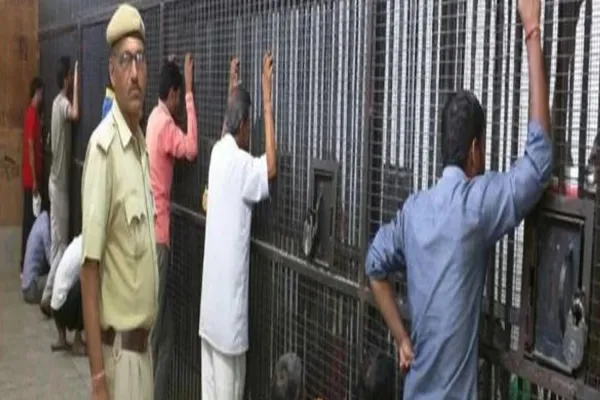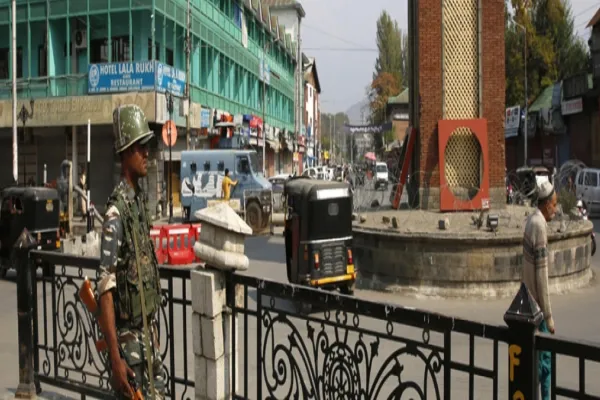i NEWS INTERNATIONAL
Facing a sharp decline in foreign investment, with nearly $17 billion in outflows this year, India is ramping up efforts to strengthen its financial sector. The government aims to shore up capital buffers and attract more investment, as concerns grow over the potential economic impact of US tariffs. Several initiatives to enhance foreign participation and boost credit have already been rolled out by India’s central bank and market regulator in recent months, as reported by Reuters.
These measures include faster pathways for companies to go public, relaxed rules for foreign funds and overseas lenders, and provisions that make it easier for corporates to borrow and for banks to finance mergers. Other areas of regulatory easing in India’s $260 billion financial sector are under discussion to be rolled out over the next six-to-12 months, Reuters citing six regulatory and market sources with knowledge of the matter said.
These include proposals to encourage smaller, retail investors in smaller towns to invest in capital markets and additional banking regulations aimed at easing access to financing. These reforms come in the wake of growing concerns about the impact of US tariffs on India’s economy, which has shaken investor confidence. The Reserve Bank of India (RBI) reported last week that foreign direct investment (FDI) turned negative in August, due to a slowdown in inflows and an increase in repatriations.
Credit: Independent News Pakistan (INP)









